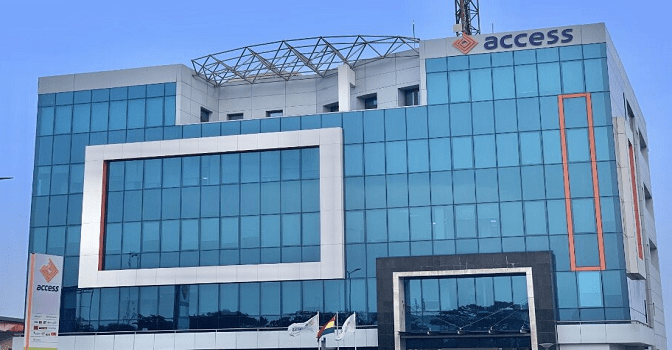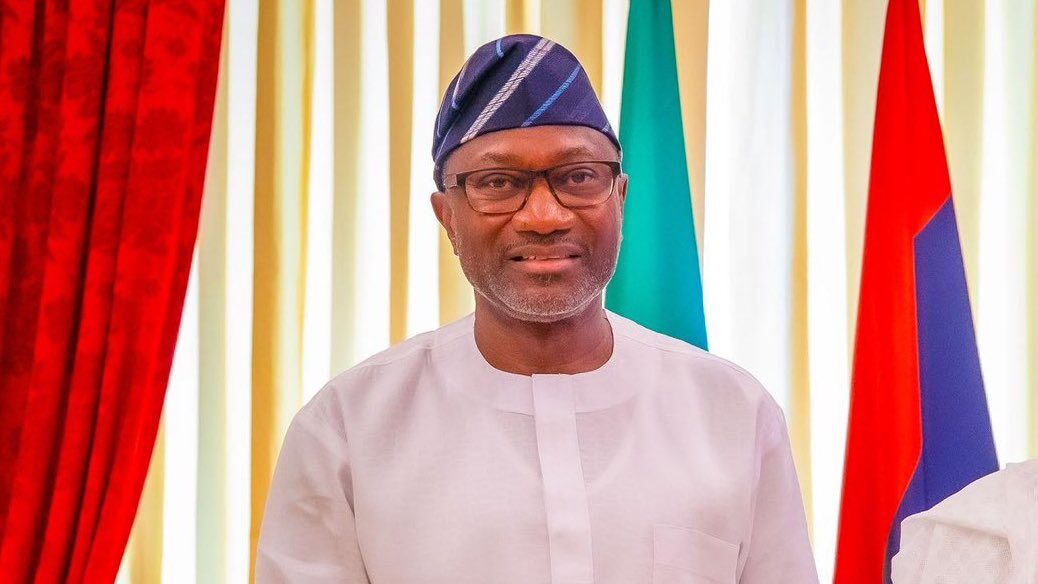
•Reveals agency listed one attractive asset with 149 wells for decommissioning
•Posits unlike UAE, S’Arabia, Nigeria not planning for life after oil
Peter Uzoho
A top oil and gas investor and Executive Chairman of AA Holdings, Mr. Austin Avuru, has expressed concerns with efforts and resources being invested by the Nigerian Upstream Petroleum Regulatory Commission (NUPRC) on decommissioning and abandonment of oil and gas assets in the country, instead of devoting such regulatory actions to drive down the cost of production to increase Nigeria’s output.
Avuru, who is also a non-executive director of the Nigerian National Petroleum Company Limited (NNPC), particularly cited a case where the upstream regulator listed one asset with 149 wells for decommissioning.
He argued that in some cases, the value of assets listed for decommissioning and abandonment were less than the cost of such exercise.
Avuru, spoke in Lagos, while contributing during a panel discussion at a special oil industry dinner organised by the Petroleum Club Lagos, in celebration of the 75th birthday of the Chairman of AMNI International Petroleum Development Company, Chief Tunde Afolabi.
THISDAY recalls that the NUPRC had in September announced that it had approved 94 Decommissioning and Abandonment (D&A) plans since April 2023, saying that represented total liabilities of $4.424 billion, arising from all Field Development Plans (FDPs) submitted within this period.
It had stated that over $400 million in decommissioning liabilities had already been secured by the organisation.
Equally, the Gbenga Komolafe-led commission had revealed in its in-house magazine published last month that it was targeting to cut Nigeria’s oil production cost to below $10 per barrel in the medium term.
The regulator had said the move would be supported by a standardised tariff model and strategic industry collaborations to embed cost-benchmarking and improve operational efficiency across the board.
But speaking at the session in Lagos, Avuru flagged the regulator’s focus on decommissioning and abandonment of assets at even costs higher than the value of the assets themselves, instead of prioritising lowering cost of production, which he said was now between $15 to $30 per barrel, to increase daily output.
He expressed disappointment that the country was not yet preparing for life after oil, while its fellow oil producing nations – the United Arab Emirates (UAE) and Saudi Arabia have been busy using their oil wealth to prepare for their future prosperity before the era of oil and gas ends.
He argued that Nigeria has not yet woken up to the realities that its petroleum basin was in its late life, saying such a situation demands more regulatory action plans targeted at incentivising operators to speedily extract the remaining oil in the ground before the world finally transitions to renewables.
Avuru said, “Let me give you a few things to worry about when I say that our petroleum basin is in its late life. Our OPEC colleagues, take UAE, take Saudi Arabia, their focus today is to use the wealth generated from these resources to plan for life after oil.
“If you watch all the producing nations, even Saudi Arabia, as big a producer as they are, they are planning as if in 20 years they will not be producing oil and gas, and they will remain prosperous. That’s what a late life petroleum basin should be doing. I was thinking about a couple of assets that would probably be available for acquisition in the next couple of years.
“And we were doing some basin evaluation of some shallow water assets. We found that one of them, attractive as it looks, has 149 wells that have to be decommissioned and abandoned.
“So when we started this industry 40 years ago, D&A was just an entry in the balance sheet.
“It didn’t look like it would ever happen. Today, we are physically beginning to decommission and abandon facilities and wells in our petroleum basin. People are not paying attention to it.
“The real value in dollars for the oil and gas producing assets is less than the cost of decommissioning and abandonment. That’s late life. In late life, what should we be doing? Low cost of production, cost efficiency, so that we maximise recovery. We seem to be doing the opposite here.”
He said Nigeria’s oil production cost has escalated from $2.50 per barrel to around $15 to $30.
Avuru said what troubles his mind was that if oil prices crash to $40 today, some of the fields would have to close in because the operators will only be producing to pay evacuation costs.
“So what keeps me awake at night is that if we continue the way we are doing, I think Nigeria and Venezuela will probably be the only two countries that will leave their oil and gas in the ground because they couldn’t produce them when they should have.
“And when they woke up to produce them, the costs have become too high, and the rest of the world has transitioned to renewables. I warned you before, I would skip enthusiasm and bring us back to the real things we should worry about: late-life industry, we are not giving thought to that,” he said.
To reverse the trend, he highlighted, Avuru suggested the introduction of robust policy and regulation that are focused on addressing real problems and delivering real solutions.
According to him, such regulation should not be for mere signing off for companies to drill or giving out assets after acquisition, but it must be a regulation to address the issues raised, such as maximising production and increasing value of assets.
“Regulation to maximise production at the lowest cost. And policy to apply the wealth from these resources to power for tomorrow. Regulation and policy that address real issues.
“And you can tick the boxes and say these regulations and policies are providing X, Y, Z solutions. Regulations and policies that are providing solutions to the industry”, he added.
Also contributing, the Managing Director of Seplat Nigeria Unlimited (SEPNU), Dotun Isiaka, flagged concerns around government, regulatory, and partner behaviours which pose constraints to their operation, saying that keeps him up at night.
Although he said at Seplat, they have a risk management department that looks at the company’s risks, adding that being listed on the London and Nigerian stock exchanges put more pressure on them to be more transparent and share their risks with their investors.
Isiaka maintained that Seplat has competent people to adequately mitigate them against risks.
He said, “What keeps me up at night are issues like government behaviour, regulator behaviour, partner behaviour. I stay up at night thinking and praying that I don’t wake up to see that the significant progress that has been made over the past two years is being rolled back
“That the House of Representatives is not trying to put a body in place to manage the ‘billions of dollars’ in terms of decommissioning and abandonment.
“That the regulator is not waking up one day and trying to take 3 cents off the barrel, increasing our cost of production. That’s what keeps me up at night.”
There was no official response from NUPRC as its Head of Media and Strategic Communication, Eniola Akinkuotu, had not sent the organisation’s response after THISDAY’s enquiry as of the time of submitting this report.
Meanwhile, the panel, which also had the Managing Director of Renaissance, Tony Attah; Managing Director of Heritage Energy, Ado Oseragbaje; Country Director, SLB Nigeria, Dr. Nosa Omorodion; and the moderator and wife of the celebrant, Mrs. Oluseyi Afolabi joined other industry dignitaries in congratulating and rejoicing with Afolabi on his landmark 75th birthday anniversary.
They described him as a trusted industry colleague and a jolly good fellow.
First Vice Chairman of Petroleum Club Lagos and Managing Director of FIRST E&P, Mr. Ademola Adeyemi-Bero, who was joined at the podium by the Chairman of the club, Mrs. Cecilia Umoren, presented a plaque to the celebrant in appreciation of his long-standing contributions to the Nigerian oil and gas industry and to the club.
“This plaque is presented to Chief Tunde Afolabi on the occasion of your 75th birthday in recognition of your outstanding leadership, visionary entrepreneurship and invaluable contributions to the Nigerian oil and gas industry and the Petroleum Club Lagos”, the plaque read.
The Chairman of the occasion and former Minister of Petroleum, Chief Don Etiebet, described Afolabi as an icon and an unassuming oil industry billionaire, and prayed God to grant him many more years.
“And I would like to just say that I’ve never seen somebody like Afolabi before. He is a man that recognizes friends all the time and he is a man that is very much respected in the industry”, Etiebet added.





